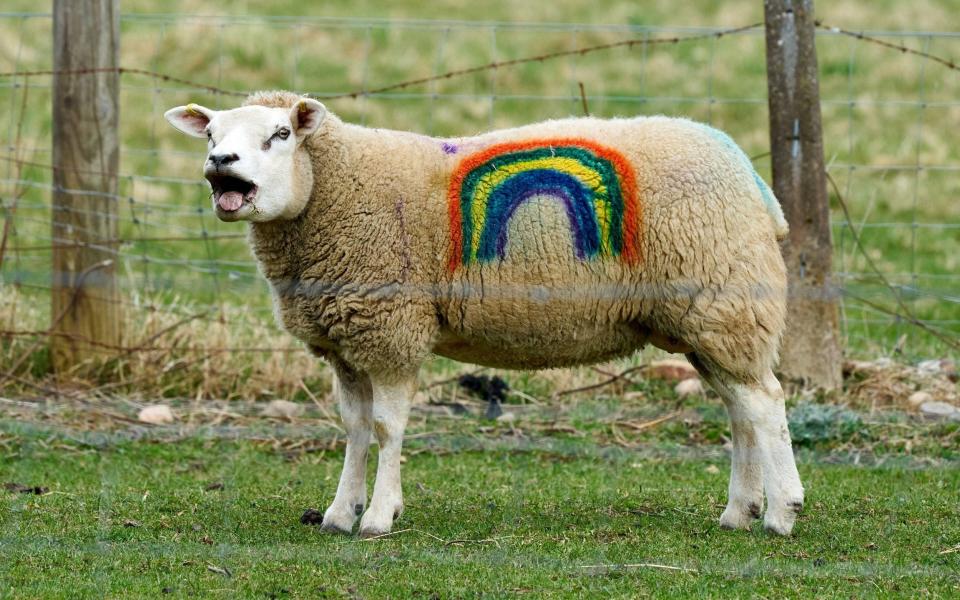Wool price crash means farmers are losing money every time they shear a sheep

Wool farmers are in peril as a collapse in the price of wool means they are losing money every time they shear a sheep.
Sheep have to be shorn for their own welfare, so there is no way for farmers to prevent the loss.
The shutdown of shops and the construction industry means that it has been difficult to sell the material, so British Wool will be halving the price of last year's crop.
The association normally issues an annual payment which is a split between a forward payment on wool to be delivered in the forthcoming year and a balance on what was delivered the previous year.
This year, is currently still holding 9,000 tonnes of wool produced in 2019, from a total of about 27,000 tonnes, after the coronavirus pandemic effectively ended the global wool trade in February.
In a statement British Wool said: “The hard fact is that the global cross-bred wool market will be extremely challenging for the foreseeable future.
“In light of the huge and unprecedented valuation uncertainty in the market, and wishing to remain on a safe and sound financial footing, we will not be making an advance against 2020-21 clip wool and instead will make full payment for 2020-21 clips from May 2021 onwards, once we have sold the clip and have valuation certainty.”
Rich Heady, a mixed farmer in Buckinghamshire, said he is making a loss when he goes to sell his wool.
He explained: "I took our sheep wool to the depo and had it weighted. At the Texel price of 66p a kg of wool we are looking at receiving £1.74 a fleece which has cost us £2.90 to have shorn off. That’s a loss of £1.16 a sheep before our time is taken into consideration."
Mr Heady suggested that it should be used as insulation for shipped products rather than plastic as a biodegradable alternative, so more wool could be sold and they could also help the environment.
He said: "We need to use it more as a sustainable substitute for a lot of plastic based products and then perhaps an increase in demand can push the price up."
Farmers have been struggling after the catering industry collapsed in March, with milk producers having to throw away gallons of their product earmarked for cafes, and beef farmers urging consumers to buy steak rather than cheap mince after steakhouses shut.
The dry Spring, which saw barely any rain, has also made arable farmers fear for their grain crops, which saw little growth.
A Defra spokesperson said: “We must thank our dedicated farmers who continue to work tirelessly during this challenging time and we continue to work closely with the sector to understand the full impacts.
“Farmers can take advantage of the unprecedented package of financial support to businesses and encourage them to take this up as they continue their vital work.”

 Yahoo News
Yahoo News 